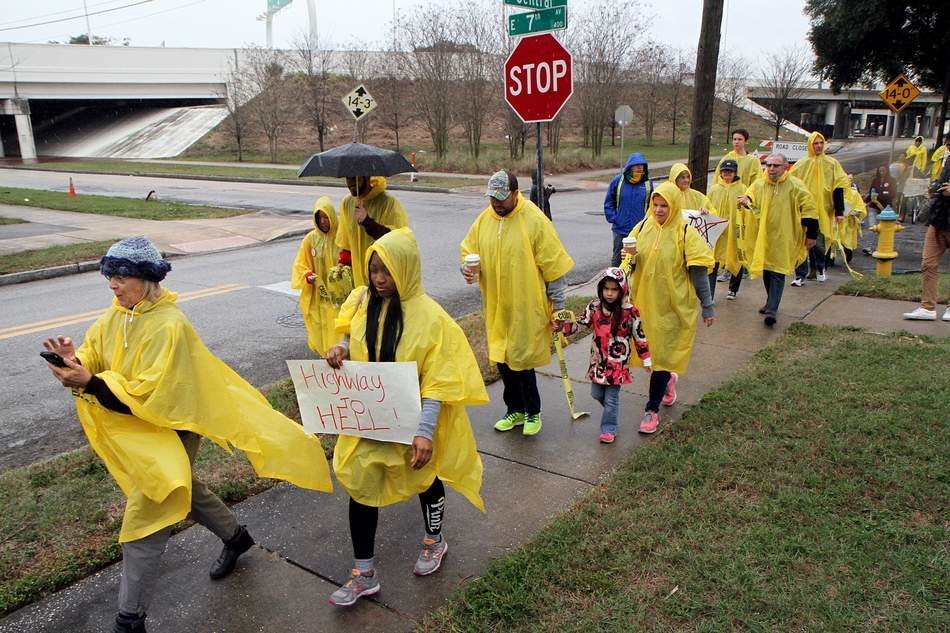The Holy Cross Neighborhood Association will celebrate 300 years of the neighborhood’s history

By Tampa Bay Times Editorial Board
Every day brings a new reminder that government seems to be tilting toward some warped idea of winning and away from the actual delivery of service.
Every day also brings a new reminder that this fixation on power notwithstanding, there still is a place for the kind of open, serious debate that can lead to meaningful action — even more meaningful when measured by its impact on the daily lives of the governed.
That place is the neighborhood. People who feel strongly about what’s happening around them are getting together at kitchen tables, in library meeting rooms, at the podium of public forums in pursuit of a cause.
Often, no one ever hears about their work outside the neighborhood. Sometimes, when the cause engages enough people, they make headlines.
The examples are many.
Like when the city of Tampa took up a proposal for a private club that amounts to a commercial enterprise along residential Bayshore Boulevard. Or when state engineers moved to pave over parts of resurgent Tampa neighborhoods for toll lanes along Interstate 275. When residential development threatened the rural nature of the Keystone community. And when supporters and critics of the Temple Terrace mayor spoke for more than hour on questions about her academic credentials.
Perhaps the most compelling example came when a series of killings in Seminole Heights sparked a “Seminole strong” movement that answered fear with unity.
Many of these headlines have appeared in the pages of the Tampa Tribune, the Hillsborough County supplement to the Tampa Bay Times that until now has appeared twice a week. Starting next week, The Tribune will be published on Fridays only, but don’t worry — you’ll still find the same attention in these pages to matters that are important to people where you live.
Neighbors don’t always step forward on the same side of an issue, of course. And their eagerness to get involved doesn’t guarantee success, as some of the examples above demonstrate. Activism can also take the form of what some deride as “nimbyism,” for not in my backyard — the idea that people can be selfish opponents of real progress if it comes at some cost to them.
But overall, the very act of neighborhood engagement promises a better result. Leaders in local government enjoy a steady stream of input from the wealthy and the powerful. They need to hear more, and listen better, when the input comes from people at the receiving end of their decisions.
Neighborhood activism is a kind of tonic for today’s toxic political debate. It generally arises from people with a genuine interest in achieving a practical result.
For the health of our democracy, a government focused on practical results must be restored in Washington and Tallahassee, too. A founding principle in this system of representative government was to cool the passions of the moment with the deliberative reason of enlightened thinkers.
Instead, on sweeping national issues such as immigration and health care, the passions of the moment have become paramount.
Looking closer to home, we can take heart in the enduring value of collaborating with our neighbors to make life better in our smallest of communities. The path to progress is clearer here. Perhaps one day soon, it will lead once again to those in power at every level.


